Former cop Matt Newlands on lack of mental health support for frontline workers
As questions continue to swirl about the death of a Port Adelaide police officer this week, a former cop says it’s time for a mental health focus in the first responder community.
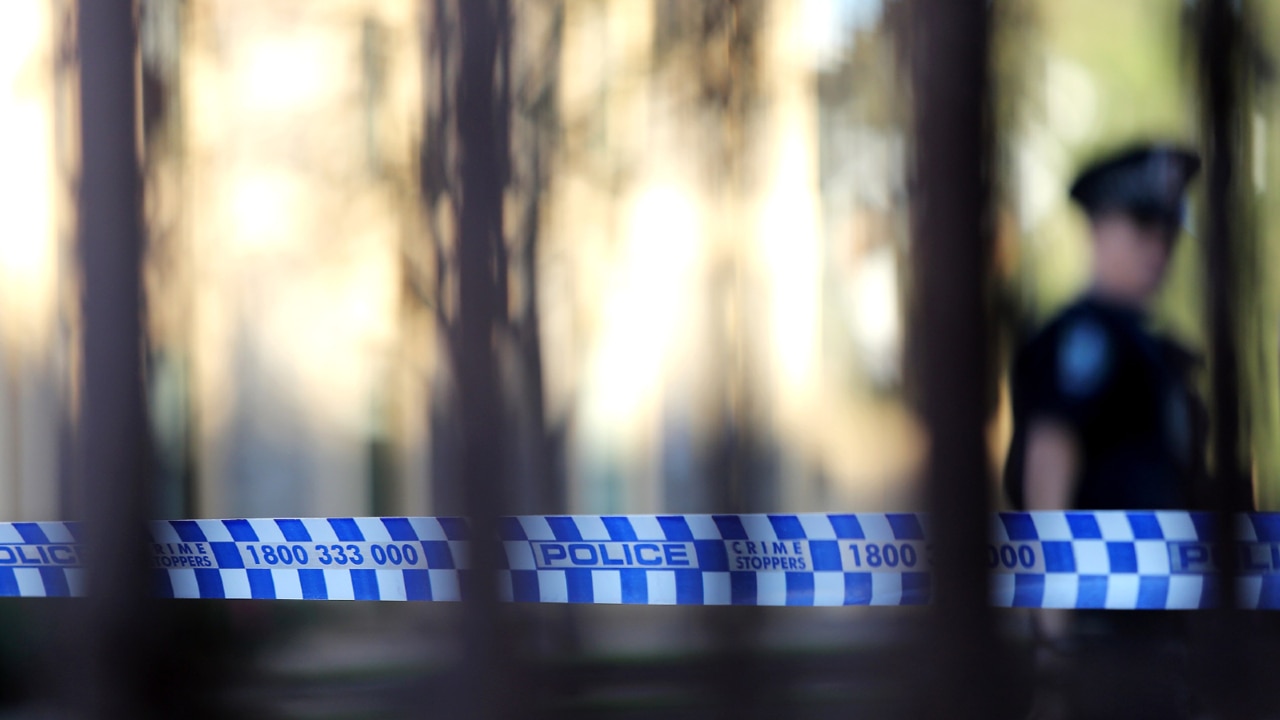
Police & Courts
Don't miss out on the headlines from Police & Courts. Followed categories will be added to My News.
The first responder industry is in dire need of mental health support, according to former cop Matt Newlands.
Speaking to The Advertiser following the sudden passing of a female police officer in Port Adelaide this week, Mr Newlands said there is a long way to go before frontline workers are adequately supported in the workplace, claiming “standard, off-the-shelf mental health first aid” doesn’t cut it.
“You have to acknowledge the elephant in the room,” said Mr Newlands, who has dedicated his post-SAPOL career to mental health support and suicide prevention as director of Frontline Mental Health.
“There is a responsibility of organisations looking after its people.
“We find ourselves in an environment where we have a very unique and challenging role, but we’ve got organisations that are often just looking to implement maybe a more standardised employee assistance program as a mechanism to support their people.
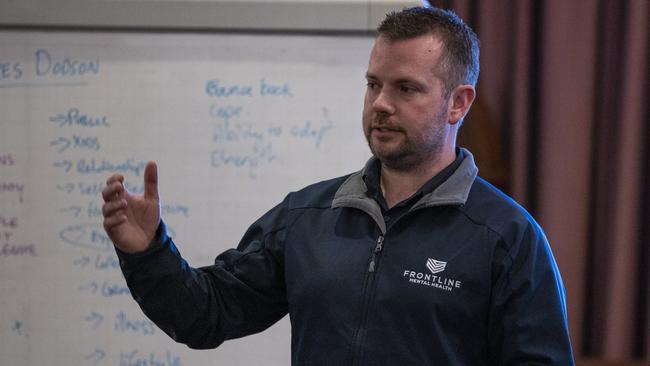
“Just saying you’ve got six sessions, three sessions, ten sessions, whatever the limited rate is for the employee assistance program, go use those, and then having potentially people who don’t have experience of what it’s actually like to do this job trying to support people; There’s a massive disconnect there.”
While he favoured the activation of lived experience-focused organisations to work in conjunction with SAPOL, he said options specifically-tailored to frontline workers are severely deficient in South Australia, prompting an SA Parliament select committee established to explore further options.
“We’re in a position at the moment looking into the lack of appropriate support services in South Australia for police,” he said.
“These are the conversations we’re hoping to have … There are (some) agencies that are willing to work with SAPOL, but there absolutely aren’t enough.
“We need to be doing better.”
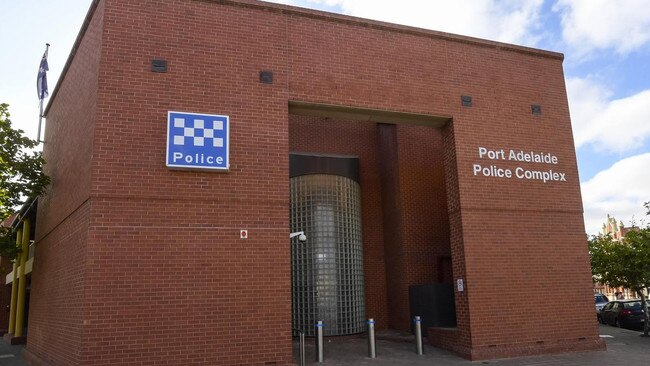
Mr Newlands knows all too well the weight of the badge, having plunged into the dark pits of depression during his time in the service.
Following dreams of becoming a police officer from the age of four, the dad-of-one quickly found his identity entrenched in the uniform from the moment his career began at 20.
While he enjoyed the sense of purpose, if at any time his position was compromised through physical or mental health challenges, the thought of taking time off to rest, or worse yet, quitting altogether, was “scary”.
“It was like asking me to change who I am,” he said.
“What am I if I’m not a cop?”
It wasn’t until he left the industry that he was diagnosed with depression and PTSD and able to seek appropriate treatment.
“Had I known then what I know now, about the importance of mental health education, importance of self care strategies, early intervention, all of those things, who knows, I might still be in the job and have a long sustainable career,” he said.
The 38-year-old was fired from the force in 2016 after an incident involving a stolen baseball bat.
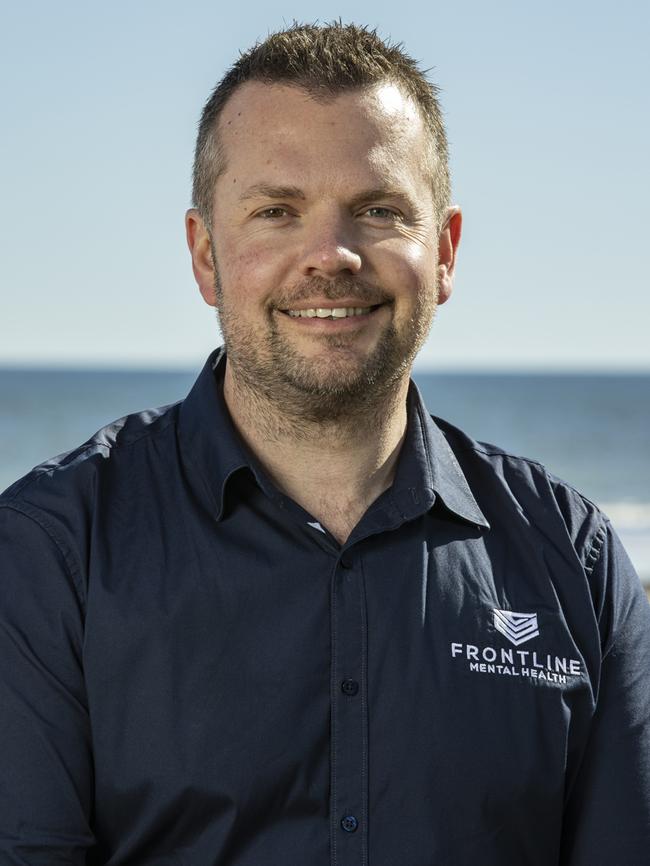
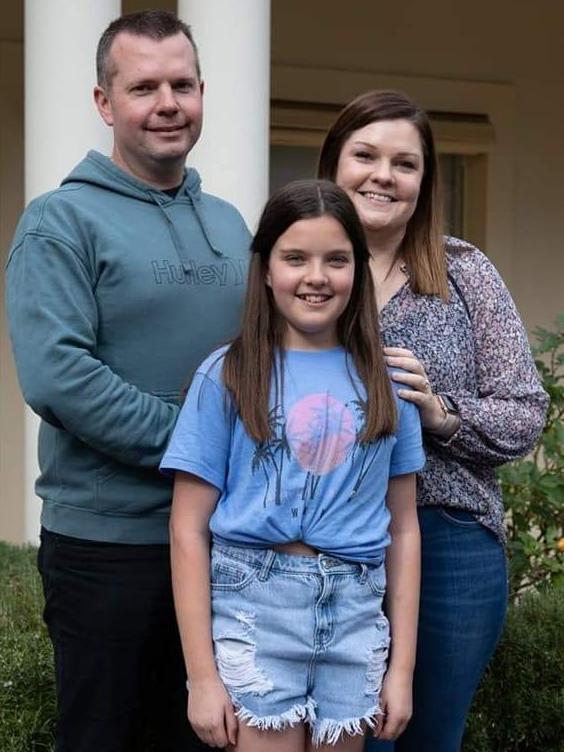
Through his own mental health treatment, Mr Newlands has become a passionate advocate for lived experience support.
“When we start using the term lived experience, I think it’s really important that we have a clear understanding of what we mean by that,” he explained.
“(It’s) connecting with those in the community who have not only experienced mental health challenges, but they have developed strategies, tools, pathways, connections and resources to help them navigate those challenges.
“Sometimes what happens in the community is we use this term lived experience, and we might seek consultation from people who have lived through mental health challenges, but they’re still working through their own stuff themselves.
“If you think about supporting other first responders, we don’t necessarily just want another police officer who has been diagnosed with post traumatic stress to be coming back to talk to police officers who have been diagnosed with post traumatic stress.
He said the key was to find front line workers who had developed ways of recognising the signs of depression or PTSD within themselves – along with an understanding of the impact it has on both them and others together with the tools to help mitigate the negative consequences.
The Advertiser has contacted SAPOL for a breakdown of their mental health support for employees.
Mr Newland’s insight comes after a detective brevet sergeant, understood to be a mother-of-two, was found dead at the Port Adelaide Police station on Monday.
Reports claim her body was found in the station’s toilet between 2pm and 3pm, according to 7NEWS.
Acting Commissioner Linda Williams immediately announced an inquiry into the woman’s sudden death, with a coronial investigation to follow.
Ms Williams also said this week the tragedy had prompted a conversation about the pressures police face.
Speaking on ABC Breakfast radio on Wednesday, she said the “blue family” were banding together, adding that support would be ongoing for the officer’s family and police colleagues.
She said the SA Police placed a heavy focus on the mental health of its members and offered psychological support.
“We have a multifaceted approach that looks at general health from day one in terms of prevention, physical health and wellbeing,” she said, citing about 100 health and wellbeing officers throughout the state and 24-hour assistance.
“We provide external and internal counselling through our employee assistance program and the health and wellbeing extends to things like fitness programs … it’s not just about mental health, physical health is very much an important part of maintaining your overall health and social wellbeing.”




